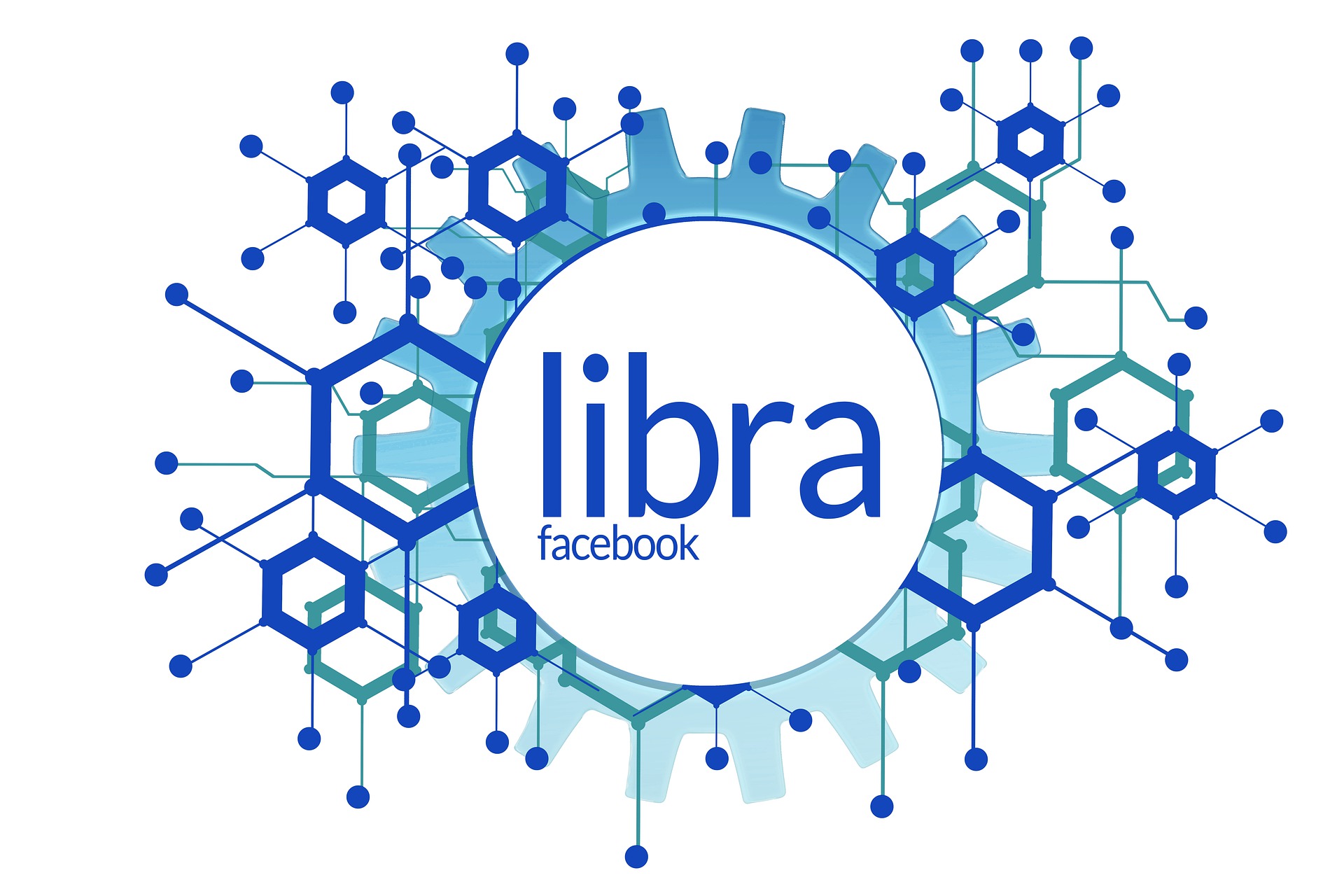LIBRA
from FACEBOOK

Facebook Libra is a digital currency that was proposed by Facebook in June 2019. The project was intended to create a global, decentralized digital currency that would be backed by a basket of fiat currencies and other assets, and would be accessible to users of the Facebook ecosystem, including the social media platform and the messaging app WhatsApp.
The announcement of the Libra project was met with both excitement and concern. Many saw it as a potential game-changer that could bring the benefits of cryptocurrency to a wider audience and increase the mainstream acceptance and adoption of digital currencies. However, others were skeptical of the project, citing concerns about privacy, security, and regulatory compliance.
The launch of the Libra project was met with significant regulatory pushback, and Facebook faced intense scrutiny from regulators and lawmakers around the world. In the face of this opposition, the project faced numerous delays and setbacks, and several key partners, including Visa, Mastercard, and PayPal, withdrew from the project.
Facebook's Libra project has been a highly publicized and controversial story in the world of cryptocurrency and finance.
Here is a timeline of key events in the history of the project:
June 2019: Facebook announces the Libra project, a digital currency that will be backed by a basket of fiat currencies and other assets, and will be accessible to users of the Facebook ecosystem, including the social media platform and the messaging app WhatsApp.
July 2019: The Libra Association, a Swiss-based non-profit organization that will oversee the development and management of the Libra currency, is formed. The association consists of 27 initial members, including Facebook, Visa, Mastercard, PayPal, and Uber.
September 2019: The United States Congress holds a hearing on the Libra project, with lawmakers expressing concerns about the potential impact of the project on the global financial system, privacy, and regulatory compliance.
October 2019: The Libra Association announces that it will delay the launch of the Libra currency until all regulatory concerns have been addressed.
January 2020: The Libra Association announces that it will rebrand as the Diem Association and will focus on launching a single digital currency, called Diem, rather than a basket of multiple currencies.
April 2020: The Diem Association announces that it will pursue a regulatory sandbox approach to the launch of Diem, in which it will work with regulators to test and refine the currency in a controlled environment.
October 2020: The Diem Association announces that it will launch a digital currency for use in the United States in the first half of 2021, but it will not be called Diem.
December 2020: The Diem Association announces that it will launch a digital currency for use in the European Union in the first half of 2021, but it will not be called Diem.
On June 24, 2021, Federal Reserve Chairman Jay Powell and Treasury Secretary Janet Yellen met to discuss a major question facing the United States government: whether to approve the launch of a global cryptocurrency developed by Facebook.
The two officials sat down for their weekly breakfast at the US Treasury building on Pennsylvania Avenue, surrounded by the sober surroundings of their workplace.
The topic of discussion was the proposed digital currency, which has generated considerable buzz and controversy in the financial world.
Powell and Yellen were tasked with weighing the potential benefits and risks of the project, and deciding whether to give it the go-ahead
Facebook's reputation in Washington D.C. had been tarnished by a series of controversies involving data privacy, misinformation, and alleged censorship. President Joe Biden had previously stated that he was not a fan of Facebook founder Mark Zuckerberg, describing him as "a real problem."
Both Democrats and Republicans had spoken out against the proposed digital currency, Diem. Powell, known for his caution, sought the backing of Yellen, who is close to the president and popular among progressives.
After weeks of deliberation, Yellen ultimately decided against supporting the project. She told Powell that the decision was his to make, but that she would not protect him from the potential political backlash if he chose to move forward with it.
As a result, the project was ultimately scrapped.
To this date, December 2022, The Facebook-sponsored cryptocurrency formerly known as Libra, a.k.a Diem, reportedly explored the sale of its assets after facing resistance from regulators.
The Diem Association, set up by Facebook to manage the digital token, had been planning to launch the token in partnership with Silvergate, but the U.S. Federal Reserve put pressure on Silvergate, effectively putting the launch on hold. If Diem did indeed sell its assets, it may have been an indication that the cryptocurrency would not move forward.
The original plans for Libra involved a digital token backed by a basket of currencies from around the world, but those plans were halted by regulators. The Diem token was later simplified and pegged to the U.S. dollar, but it appeared that was not sufficient to gain regulatory approval.
There were other recent signs that Diem may not have moved forward, including the launch of a digital wallet by Facebook, now called Meta, using a stablecoin from Paxos instead of the Diem coin and the departure of David Marcus, the executive who originally proposed Libra and led Meta's digital wallet





